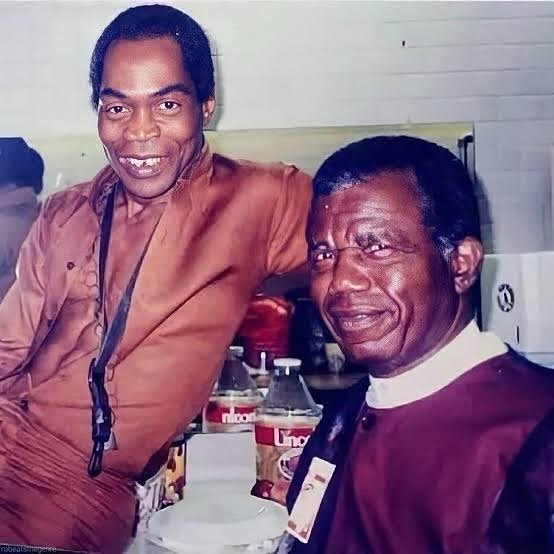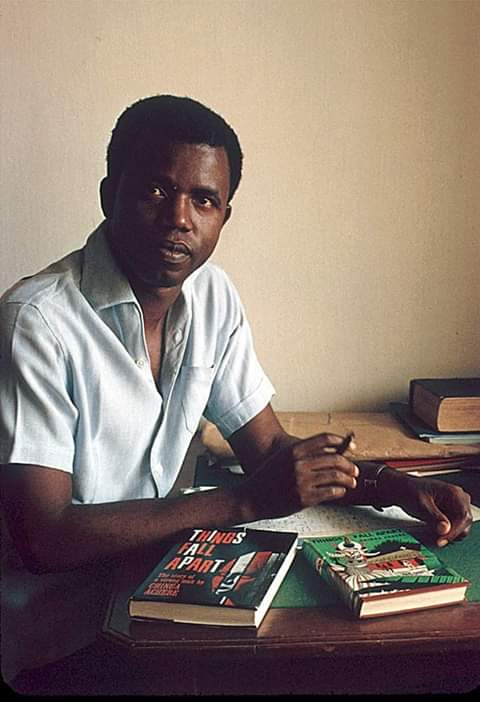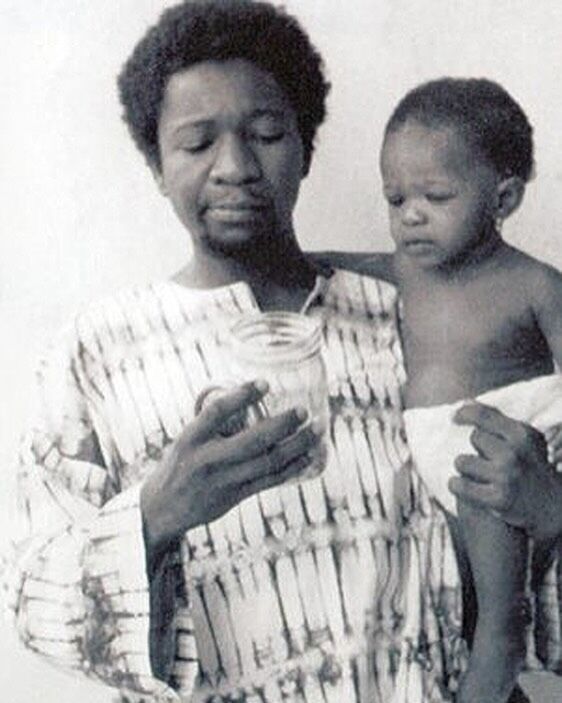footage of Major General Charles Ndiomu declaring that military officers implicated in a purported plot to topple General Ibrahim Babangida’s administration would be executed by a special military tribunal. Initially, thirteen officers were charged. Lieutenant Colonels Musa Bitiyong, Chris Oche, Mike Iyorshe, Moses Effiong, Navy Commander Andrew Ogwuji, Wing Commander Ben Ekele, Wing Commander Adamu Sakaba, Squadron Leader Martin Luther, Squadron Leader Asen Ahura, Major Tobias Akwashiki, and Major Daniel Bamidele were among them. Major General Mamman Vatsa was the Federal Minister for the Federal Capital Territory. Brigadier Malami Nasarawa was the Commandant of the Nigerian School of Infantry, Jaji. The Babangida regime claimed that the presence of a large number of Nigerian Air Force members in the alleged coup plot, which included bombing multiple strategic installations with recently acquired British Jaguar fighter jets, was indicative of the plot’s primary strategy. The alleged coup plotters were drawn from all branches of the service. It was also reported that a navy frigate had been designated for deployment during the “large scale” bombardment. Babangida’s childhood friend Vatsa had also served on the Federal Executive Council, the Armed Forces Ruling Council, and on occasion the National Council of States. He was a well-known poet and writer. Major Bamidele was convicted of Treason by Misprision. He had revealed preparations to carry out a coup against President Shehu Shagari’s civilian government a few years prior, and he was imprisoned until the coup was effectively carried out. Later on, the military took control, led by Major General Muhammadu Buhari On March 5, 1986, Vatsa and nine other people were put to death by firing squad. In the inquiry that followed the arrests, Group Captains Salaudin Latinwo and Michael Ikpeme were found not guilty.



